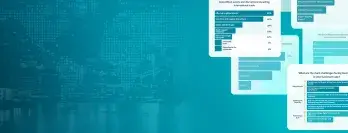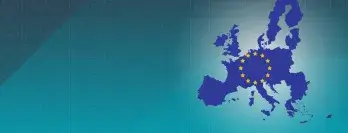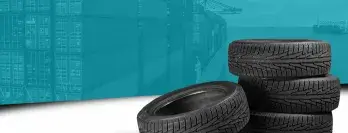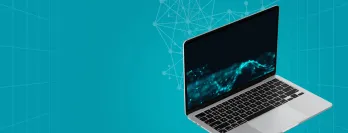
Article
3/5/2024
The Fashion Industry & Customs
Compliance is always the hot topic when it comes to customs and fashion. Project and Implementation Manager Victoria Cooke reveals her insights on achieving high level customs compliance and explains how a specialised solutions provider like Customs Support elevates the goods flow of clients in fashion and retail.

Article
20/7/2023
How our neutrality empowers your business for success
What exactly are the benefits of working with a neutral customs partner? In a world full of biases, maintaining neutrality has become an invaluable virtue. Discover how working with a neutral customs partner is the key to upgrading your customs functions in this article.

















